Reviewing the Effectiveness of Integrated Disaster Risk Management Initiatives
~ A Saga from 2001 to 2020 ~
22nd – 24th September 2020 in Kyoto, Japan
IDRiM2020 takes on a special meaning as we look back at two decades of applied and theoretical research on integrated disaster risk management. Thus, we may ask, how has IDRiM contributed to disaster risk reduction (DRR)? Should IDRiM play a more prominent role in global platforms on DRR, development and climate change adaptation? Can IDRiM promote implementation science through ideas such as the case-station field campuses (CASiFiCA) and other initiatives? Can IDRiM play a stronger role in bridging the gap between local, national and international multi-stakeholder discussions on disaster risk reduction? How “integrated” have our efforts been? Do we need to expand our views? How can advances from other disciplinary fields and initiatives that have not been traditionally included in the DRR discourse (e.g., conscious businesses and new economics paradigms, green construction, life cycle assessment and planning, environmental protection including reducing consumption and waste, simple living, green cities, disaster history, anthropology and cultural studies, and many more) contribute to DRR and vice versa?
IDRiM 2020 will look at the above topics as well as presentations addressing issues related to:
- Understanding hazards and risks
- Managing risks
- Climate change
- Development
- Interconnections, chain effects / cascading events
- Ageing and shrinking populations
- Promoting inter-generational discussion and collaboration
- Implementation science
- Resilience and sustainability
- Disaster education
- Population and development in Asia and Africa
- Human behaviour, risk perception and DRR
- Technological hazards triggered by natural hazards
- Economics of disasters
- Disaster risk financing




